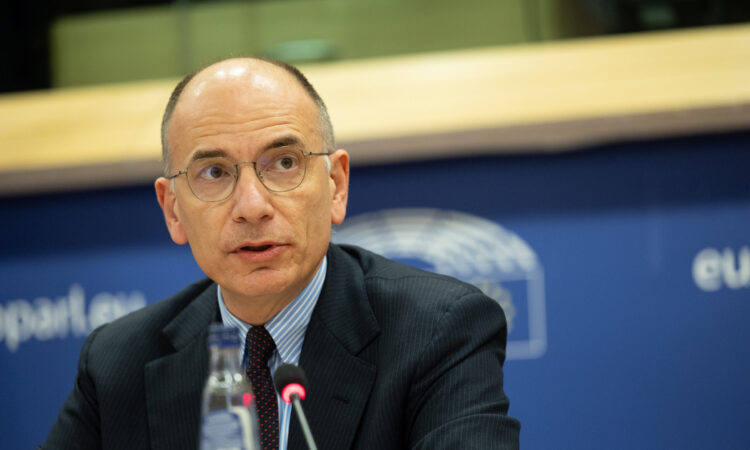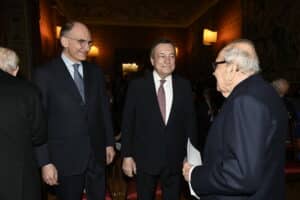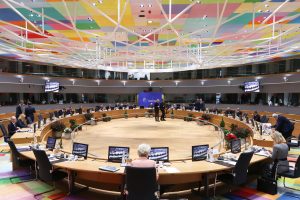
Brussels – From the Green Deal to the Competitiveness Deal. Competitiveness will be the focus of a new European pact, starting with the first of two reports entrusted to two Italian former prime ministers. “Faced with a new geopolitical reality and increasingly complex challenges, “the European Union “commits itself to act decisively to ensure its long-term competitiveness, prosperity, and leadership on the world stage,” reads the draft conclusions, obtained by Eunews, of the European Council scheduled between Wednesday and Thursday (April 17-18). The first and most substantial chapter of conclusions on the table of the heads of state and government will be precisely that on the new Pact for European Competitiveness. This will be based primarily on the report on the future of the Single Market presented by Enrico Letta and will set the course for the June 27-28 European Council, when Mario Draghi will outline his report on the future of European competitiveness.

It will primarily be a matter of ensuring an “integrated approach” across all sectors to “increase productivity and sustainable and inclusive growth,” as well as to build “a strong, innovative and resilient economy” and to advance the European social and economic model now linked to the “digital and green competitive transition.” The reference to the Single Market is inevitable, with its four freedoms (free movement of goods, services, capital, and people), “a powerful driver of convergence and growth in the EU and its member states,” but also to the “more assertive policy measures”, such as state subsidies, from partners and competitors on the global stage that “have exposed the Union’s vulnerabilities.” All the more so given Letta’s own words to the Financial Times: “The problem is that in this new world, we are too small, and if we do not integrate, inaction on the Single Market will mean decline.” The two reports on the future of the Single Market and competitiveness will converge in the new European Pact, itself at the heart of the Strategic Agenda 2024-2029, expected at the European Council in June.
The Pact for European Competitiveness will require “efforts at both the Union and Member State levels” to close gaps in “growth, productivity, and innovation,” starting with cross-border connectivity and reducing strategic dependencies, “particularly on energy, critical raw materials, semiconductors, health, digital, food and critical technologies.” This will be achieved by “a combination of public and private funding” to European businesses and by “facilitating and simplifying” access to capital for small and medium-sized enterprises and start-ups, but above all by continuing “decisively and rapidly” the work on several key competitiveness drivers: Single Market, Capital Markets Union, industry, energy, circular, digital, social economy, research and innovation, and trade.

On the subject of the circular economy, EU leaders will call for a greater effort on competitiveness in “harnessing the potential of the bioeconomy, thereby reducing dependence on primary resources.” At the same time, the digital sphere “requires a true Single Market for digital services and data” and the enhancement of revolutionary digital technologies such as artificial intelligence and quantum computing. On the social side, the focus will be on “high-quality jobs across Europe,” with greater participation in the labour market and in retraining and upgrading, while a “ more enabling environment” for research and innovation will have to be promoted to accelerate industrial scalability. Finally, an ambitious, robust, open and sustainable trade policy will have to be promoted, including “defending EU interests in the face of unfair practices” on a global scale.
A separate section of the chapter on the new European Competitiveness Pact of the European Council conclusions will be specifically devoted to the “competitive, sustainable and resilient” agriculture sector, following months of protests, debates, and countermeasures to address the discontent of European farmers. Agriculture is called “a key strategic interest of the Union,” which must be given “a stable and predictable framework” in view of environmental and climate challenges. Reiterated the need for the modification of the Common Agricultural Policy (CAP) on short- and medium-term measures to reduce administrative burdens, but especially those that should lead to a strengthening of farmers’ position in the food supply chain to ensure “fair” income and “rules-based competition globally and in the internal market,” as the conclusions specify.
English version by the Translation Service of Withub






